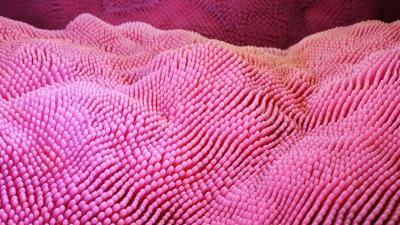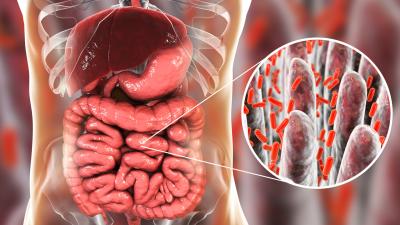A Quicker Way to More Viable 3D-Printed Organs

Study in a Sentence:
Researchers from Harvard University’s Wyss Institute have developed a novel sacrificial ink-writing technique called SWIFT (sacrificial writing into functional tissue) to 3D print large, vascularized human organ building blocks (OBBs) with high cellular density and function.
Healthy for Humans:
More than 8,000 people die every year in the U.S. waiting for an organ donation, and while more than 30,000 transplants are now performed annually, there are more than 113,000 patients currently on the national transplant waitlist. Advances in 3D printing and the development of the SWIFT technique have now made it possible to build living tissue constructs in the shape of human organs that may have therapeutic applications in the future.
Redefining Research:
The SWIFT biomanufacturing method is highly effective at creating organ-specific tissues at scale. Scientists employed SWIFT to create a perfusable cardiac tissue that beat synchronously for over a week, mimicking key features of a human heart. Researchers are confident that SWIFT can be applied to any cell type to create living compositions of organoids and multicellular spheroids and that it will greatly advance the field of tissue engineering.








